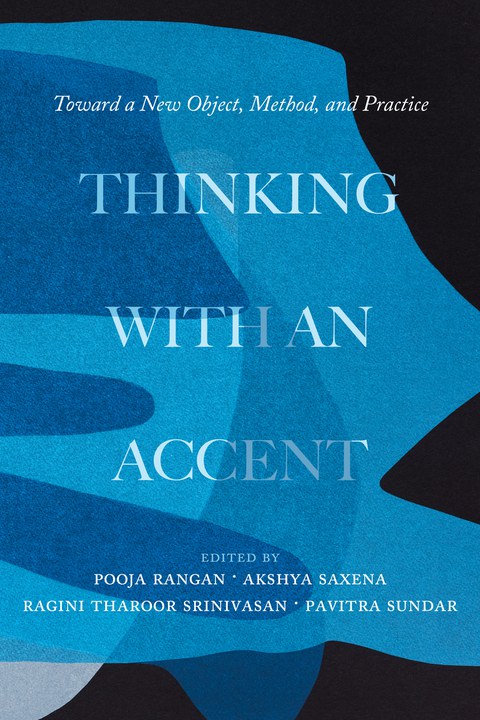Jan 18, 2023
"The Native Ear”: Accented Testimonial Desire and Asylum | Article by Michelle Pfeifer | Thinking with an Accent: Toward a New Objet, Method, and Practice | 2023
"The Native Ear”: Accented Testimonial Desire and Asylum
Article by Michelle Pfeifer
In: Thinking with an Accent: Toward a New Objet, Method, and Practice veröffentlicht. Editors Pooja Rangan, Akshya Saxena, Ragini Tharoor Srinivasan, Pavitra Sundar, forthcoming in 2023, University of California Press.
In this article I analyze the use of linguistic analyses in asylum proceedings in Europe as an operation of state-administered identification that demands, makes use of, incites, and desires accented speech. I focus specifically on what practitioners of linguistic analyses, including professional linguists and language analysts working for government-contracted companies, call "the native ear" as a shorthand for arguing native speakers' ability to recognize attributes and features of their native language in other speakers. Drawing on interviews with linguists and LADO practitioners, linguistic scholarship, and state and court documents about LADO I show how accent emerges and is located in the listener, rather than the speaker. I develop the concept of the native ear to describe the ambivalence between scientific objectivity and naturalized assumptions about the relationship between origin and accent that LADO illustrates. Engaging with scholarship on accent and voice as well as migration, asylum, and borders I show how accent becomes an index of geographical origin and, in turn, is valorized to access political and legal recognition. In the absence of other forms of identification and the presence of a generalized suspicion towards asylum claims accent becomes objectified as embodied evidence of citizenship and identity. I develop the concept of accented testimonial desire to make three related claims. First, I argue that localization, rather than neutralization of accent becomes valorized to access recognition and resources. Second, I argue for a shift from thinking about accent as inherent to a speaker's racialized and gendered identity to focusing on the perception of accent by the listener. Third, I argue for considering voice as a semantic phenomenon to analyzing its embodied materiality.

